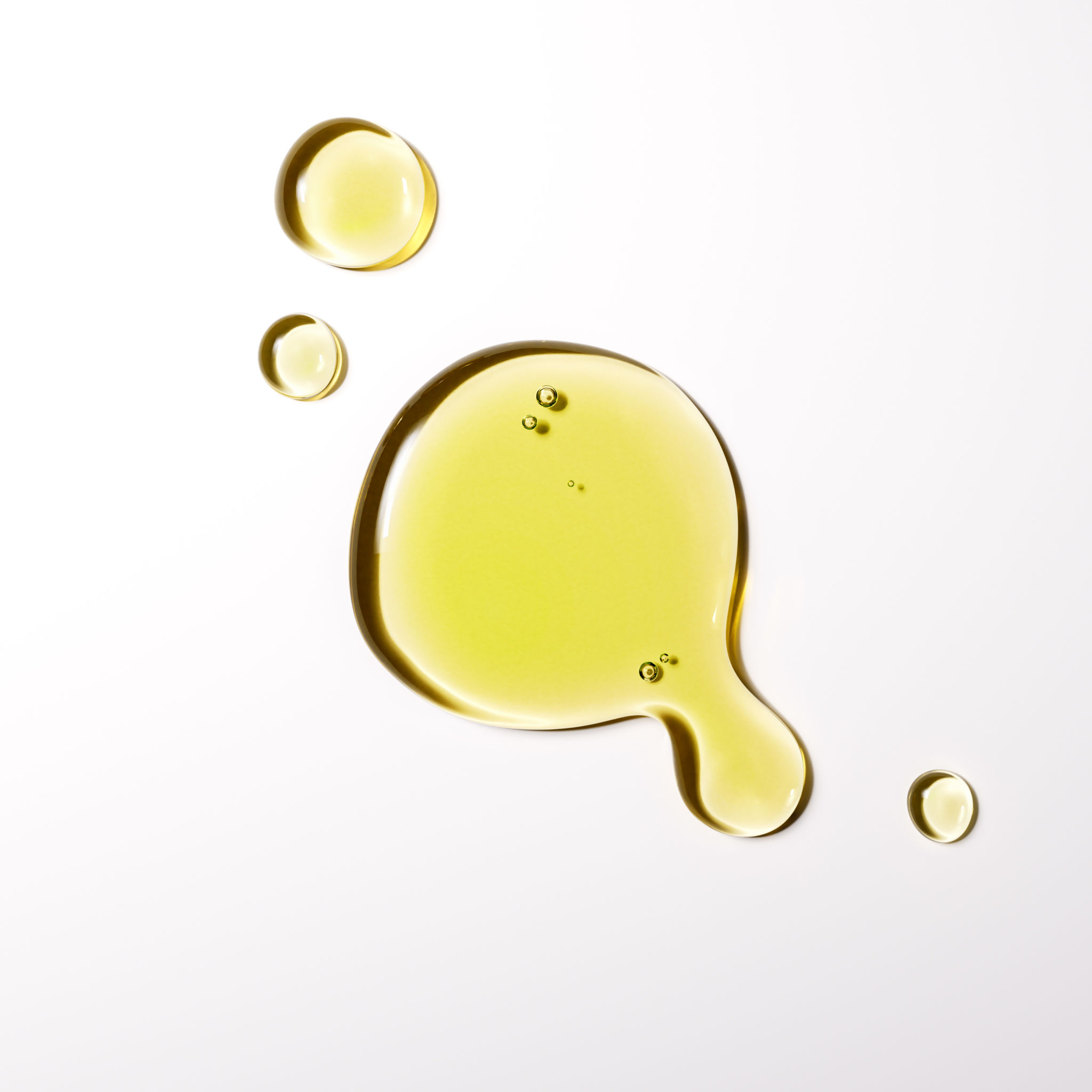Debunking Myths About Women’s Health and Natural Remedies
Introduction to Women's Health Myths
When it comes to women's health, misinformation can spread quickly, leading to confusion and potentially harmful practices. It's essential to separate fact from fiction, especially when discussing natural remedies. Let's debunk some common myths to empower women with accurate information.

Myth 1: Natural Means Safe
A widespread belief is that if something is natural, it must be safe. However, this isn't always the case. Natural remedies can interact with medications or cause allergic reactions. It's crucial to consult healthcare professionals before starting any new treatment, even if it's labeled as "natural."
For example, while herbal supplements are popular, not all are backed by scientific research. Some can have side effects that may not be immediately apparent. Always ensure the credibility of the source before trusting any remedy.
Myth 2: Essential Oils Cure All Ailments
Essential oils are often touted as miracle cures for a variety of health issues, from anxiety to hormonal imbalances. While they can offer therapeutic benefits in some cases, they are not a replacement for medical treatment.

It's important to use essential oils safely. Overuse or improper application can lead to skin irritation or other adverse effects. Remember, moderation is key, and they should complement, not replace, traditional medical advice.
Myth 3: Diets Alone Can Balance Hormones
Many believe that simply changing their diet can balance hormones and solve health issues. While nutrition plays a significant role in health, it is not a standalone solution for hormonal imbalances.
Hormonal health is complex and can be influenced by genetics, stress, and lifestyle factors. A balanced diet is beneficial, but it should be part of a comprehensive approach that includes medical guidance and possibly medication.

Myth 4: All Supplements Are Beneficial
Not all supplements are created equal, and taking them without proper knowledge can do more harm than good. While some supplements can support health, others may be unnecessary or even harmful.
- Research each supplement thoroughly.
- Consult with healthcare providers before starting any new supplement regimen.
- Be aware of potential interactions with medications.
Conclusion: Empowering Women with Accurate Information
Debunking these myths is crucial for making informed decisions about women's health and natural remedies. Always prioritize evidence-based information and consult healthcare professionals when considering new treatments. Knowledge is power, and by staying informed, women can make choices that truly benefit their health and well-being.
